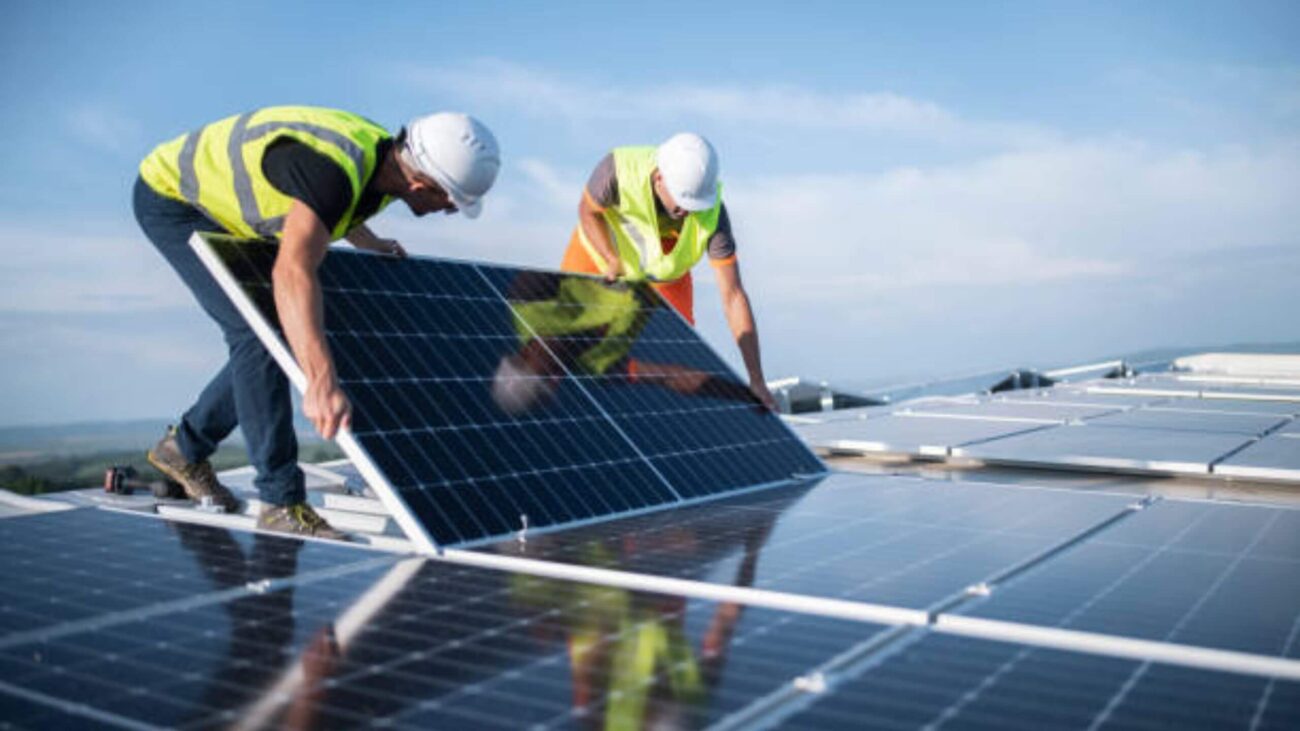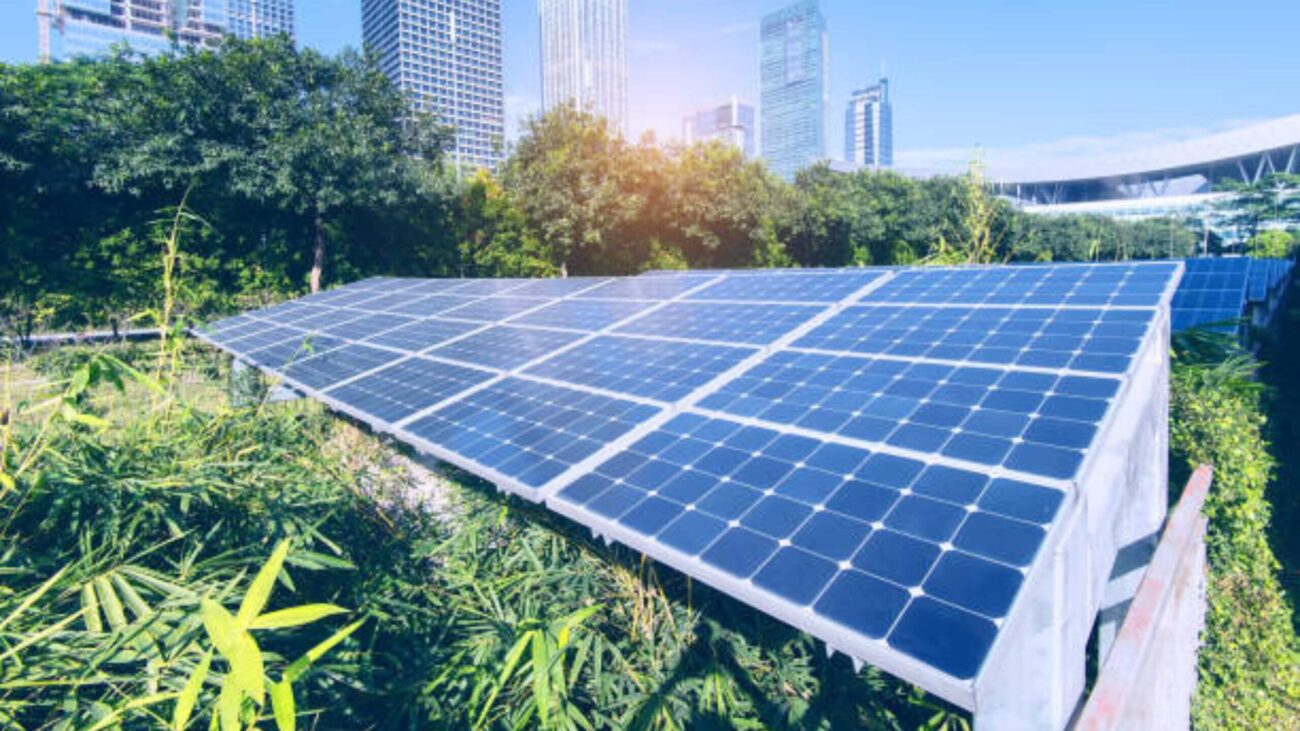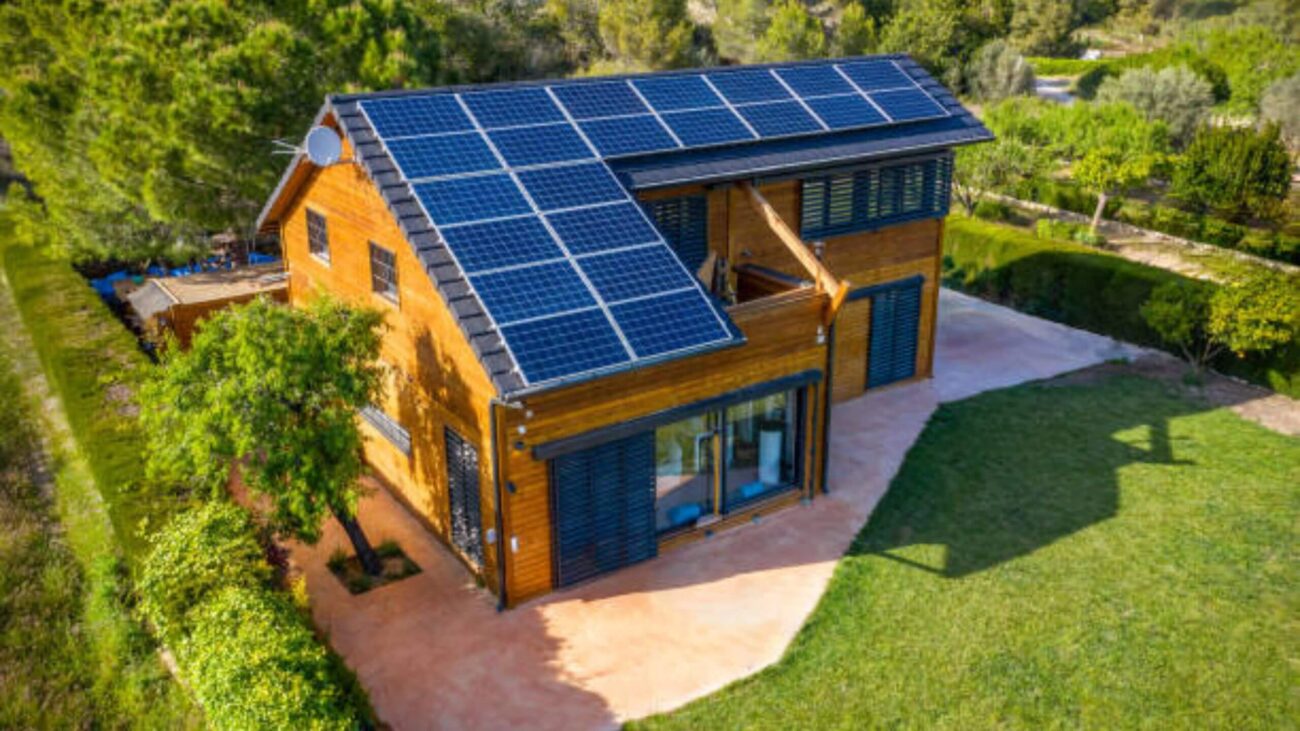Introduction
What is solar financing?
Solar financing refers to the various methods available for funding the installation of Solar Financing systems. These methods allow individuals and businesses to adopt solar energy without having to pay the entire cost upfront.
In This Post
Importance of understanding solar financing options
Understanding solar financing options is crucial as it helps individuals and businesses choose the most suitable method based on their financial situation, goals, and preferences.
Types of Solar Financing

1. Cash Purchase
Cash purchase involves buying the solar energy system outright with cash or through a personal loan. While it requires a significant upfront investment, it offers long-term savings and complete ownership of the system.
2. Solar Loans
Solar loans allow individuals to finance their solar energy systems through loans specifically designed for solar installations. These loans may come with fixed or variable interest rates and typically have repayment terms ranging from 5 to 20 years.
3. Solar Lease
Solar lease agreements allow homeowners and businesses to lease solar panels from a solar provider for a fixed monthly fee. The solar provider owns and maintains the system, while the customer enjoys the benefits of solar energy without the upfront costs.
4. Power Purchase Agreement (PPA)
A power purchase agreement (PPA) involves a third-party solar provider installing and maintaining solar panels on a customer’s property. The customer then agrees to purchase the electricity generated by the system at a predetermined rate, typically lower than utility rates.

Factors to Consider
1. Financial Situation
Consider your current financial situation, including your budget and credit score, to determine the most suitable financing option.
2. Goals and Preferences
Define your goals and preferences regarding solar energy, such as your desired level of ownership and control over the system.
3. Solar Incentives and Tax Credits
Research available solar incentives and tax credits offered by federal, state, and local governments to reduce the cost of solar installations.
4. Available Resources and Expertise
Assess the resources and expertise available to you, such as access to financing options, solar installation companies, and maintenance services.
Pros and Cons of Different Solar Financing Options
1. Cash Purchase
Pros:
- Complete ownership of the solar energy system.
- Long-term savings on electricity bills.
Cons:
- Requires a significant upfront investment.
- Limited access to financing for some individuals.
2. Solar Loans
Pros:
- Allows for ownership of the solar energy system.
- Spread out the cost of the system over time.
Cons:
- Interest rates may vary.
- May require a credit check.
3. Solar Lease
Pros:
- No upfront cost for solar installation.
- Maintenance and repairs are typically covered by the solar provider.
Cons:
- Limited control and ownership of the solar energy system.
- Monthly lease payments may increase over time.
4. Power Purchase Agreement (PPA)
Pros:
- No upfront cost for solar installation.
- Locks in electricity rates for the duration of the agreement.
Cons:
- Limited control and ownership of the solar energy system.
- Long-term commitment to purchasing electricity from the solar provider.

How to Choose the Solar Financing Right Option
1. Assess Your Financial Situation
Evaluate your budget, credit score, and available funds to determine which financing option aligns best with your financial goals.
2. Evaluate Your Goals and Preferences
Consider whether you prefer ownership of the solar energy system, flexibility in payment terms, or minimal upfront costs.
3. Research Solar Incentives and Tax Credits
Take advantage of available solar incentives and tax credits to reduce the cost of your solar installation and maximize savings.
4. Consider Available Resources and Expertise
Research local solar installation companies, financing options, and maintenance services to ensure a smooth and successful solar transition.
Conclusion
In conclusion, solar financing offers a range of options for individuals and businesses looking to adopt solar energy. By understanding the different financing methods, evaluating your financial
FAQS
Are there government incentives available for solar financing?
Government incentives are available for solar financing, including tax credits and rebates. These incentives aim to promote solar adoption by reducing installation costs. Homeowners and businesses can take advantage of these programs to make solar energy more affordable and accessible.
Can I finance solar panels with bad credit?
Financing solar panels with bad credit is possible through various options like solar leases, power purchase agreements (PPAs), and FHA solar loans. These options may have different credit requirements, but they provide opportunities for individuals with lower credit scores to access solar energy solutions.
What happens if I sell my property with a solar lease or loan?
Selling a property with a solar lease or loan involves transferring the agreement to the new property owner. With a solar lease, the new owner typically assumes the lease terms. For a solar loan, the seller can pay off the remaining loan balance or transfer it to the new owner, subject to lender approval.
Is it possible to finance solar panels for a commercial property?
Yes, it’s possible to finance solar panels for commercial properties. Various financing options are available, including loans, leases, power purchase agreements (PPAs), and Property Assessed Clean Energy (PACE) programs. These options cater to different business needs, allowing commercial properties to adopt solar energy with manageable financial arrangements.
Can I combine multiple financing options for solar installation?
Yes, you can combine multiple financing options for solar installation. This approach is known as “hybrid financing,” where you mix and match various methods like loans, leases, and incentives to optimize cost savings and maximize benefits. It offers flexibility and tailors the financing structure to meet specific needs and circumstances.
